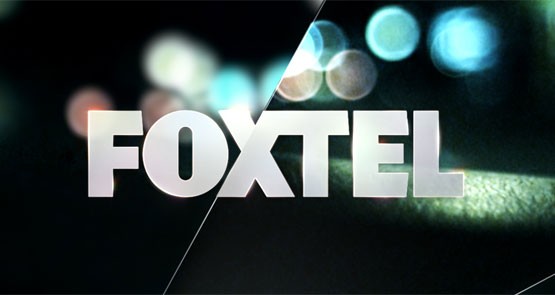
Foxtel and other rights holders are expected to launch court action to block piracy websites as soon as this week, Crikey can reveal.
In June last year, the government, with Labor support, passed legislation to allow rights holders like Foxtel to get a court order from the Federal Court to force Australian internet service providers to block overseas-based sites – like Pirate Bay, EZTV, or Kickass Torrents – that provide access to infringing copies of TV shows, music and films.
The legislation was rushed through Parliament in a matter of weeks, but more than six months later no case has yet been filed in the court. But that is all about to change, with multiple sources telling Crikey that the first landmark case testing the new law could be filed as soon as this week.
Foxtel group director of corporate affairs Bruce Meagher told Crikey that the firm had “every intention” of using the legislation to block piracy sites. Crikey understands that the high bar set in the legislation to prove that sites are for the primary purpose of infringement meant that preparing the case took longer than anticipated.
It is understood there has been pressure from the federal government for rights holders to use the new law they had long campaigned for. Preparing for this case has meant that negotiations over a three-strikes code to warn infringers have almost completely stopped. Crikey understands the last negotiations were held in October last year, when disagreements between rights holders and internet service providers over who should pay for the scheme still dominated discussions.
Foxtel’s looming case comes as Crikey exclusively confirmed that the makers of Dallas Buyers Club would not appeal a court decision preventing access to alleged pirates’ details.
The announcement brought an end to a 16-month saga over attempts by US-based film studio Voltage to get details of customers of iiNet and five other ISPs linked to 4726 IP addresses alleged to have downloaded the film over peer-to-peer file-sharing services.
The court initially agreed to hand over downloaders’ details on the proviso the court would have to approve any letter sent to customers to avoid threatening letters demanding thousands of dollars in compensation, similar to what the company had done in other jurisdictions, and required the firm to pay a $600,000 bond. Voltage was attempting to woo the court to lower the amount to $60,000 to allow it to access just 10% of the customer details in order to show it was not going to take the customer details and run.
DBC wanted to set the terms of the letters it could send to customers, including asking for a fair and reasonable licence fee it could charge customers who were alleged to have shared the film online, and additional damages, but in a Federal Court decision in December, Justice Nye Perram rejected the proposal, stating the demands were not reasonable.
At the time, Perram made it clear that he thought the case had gone on too long.
“It needs to be kept in mind that what is before the court is a preliminary discovery application, not Ben-Hur.”
The judge set a deadline of February 11, 2016, at 12 noon for the case to be automatically terminated if Dallas Buyers Club did not appeal. Crikey has confirmation from Voltage’s law firm, Marque Lawyers, that there will be no appeal.
Communications Alliance CEO John Stanton told Crikey in a statement that the outcome was “balanced and encouraging”.
“The case demonstrated that Australian courts support legitimate protection of copyright, but are also mindful that pursuit of copyright protection should not be used as means of unreasonably threatening or intimidating consumers and that any potential penalties for copyright infringement must be proportionate to the extent of the breach and to any material loss to rights holders.”








Changing technologies require changes to copyright Laws, don’t they Joshua. It’s much the same with the need to constantly update our I.T. defences against internationalist terrorists; but I’m sure you understand that.
Our ministers of the crown set a fine example by accepting “Pirated” rolex watches and only seeing a problem when they realised they weren’t (haha)..is there a difference..??
Less Napoleon’s “pour encourage les autres” than Mao’s “shoot one, educate a thousand“.
Certain people need more money to buy the President they want and that’s pretty expensive.